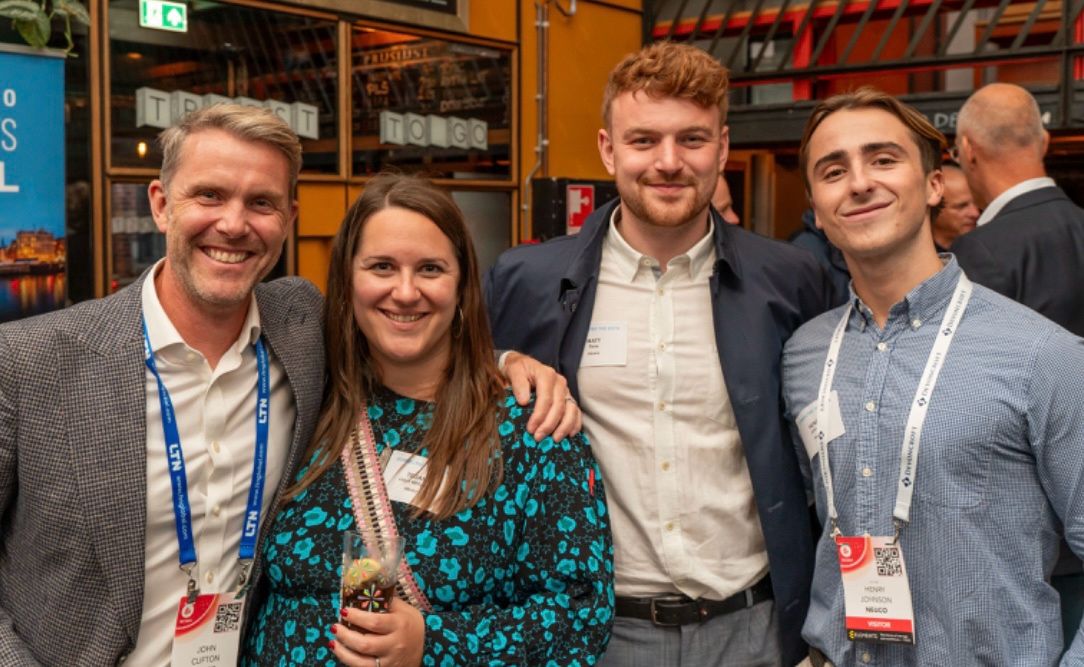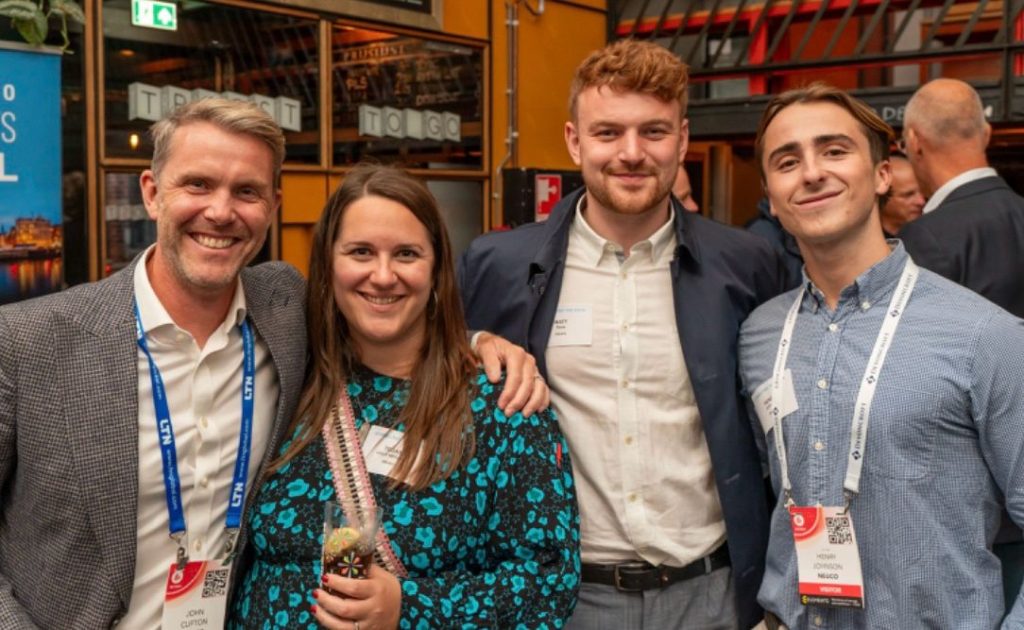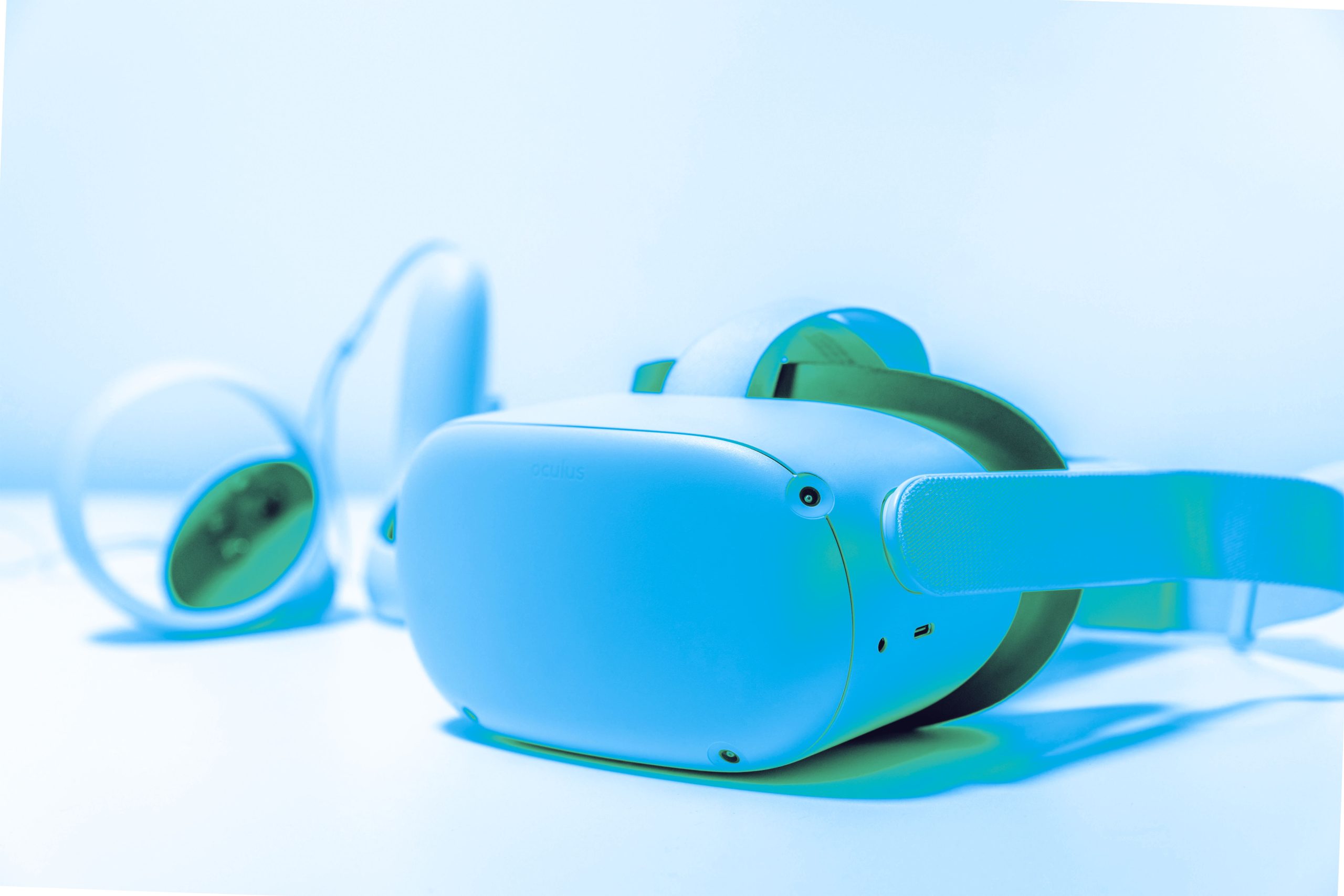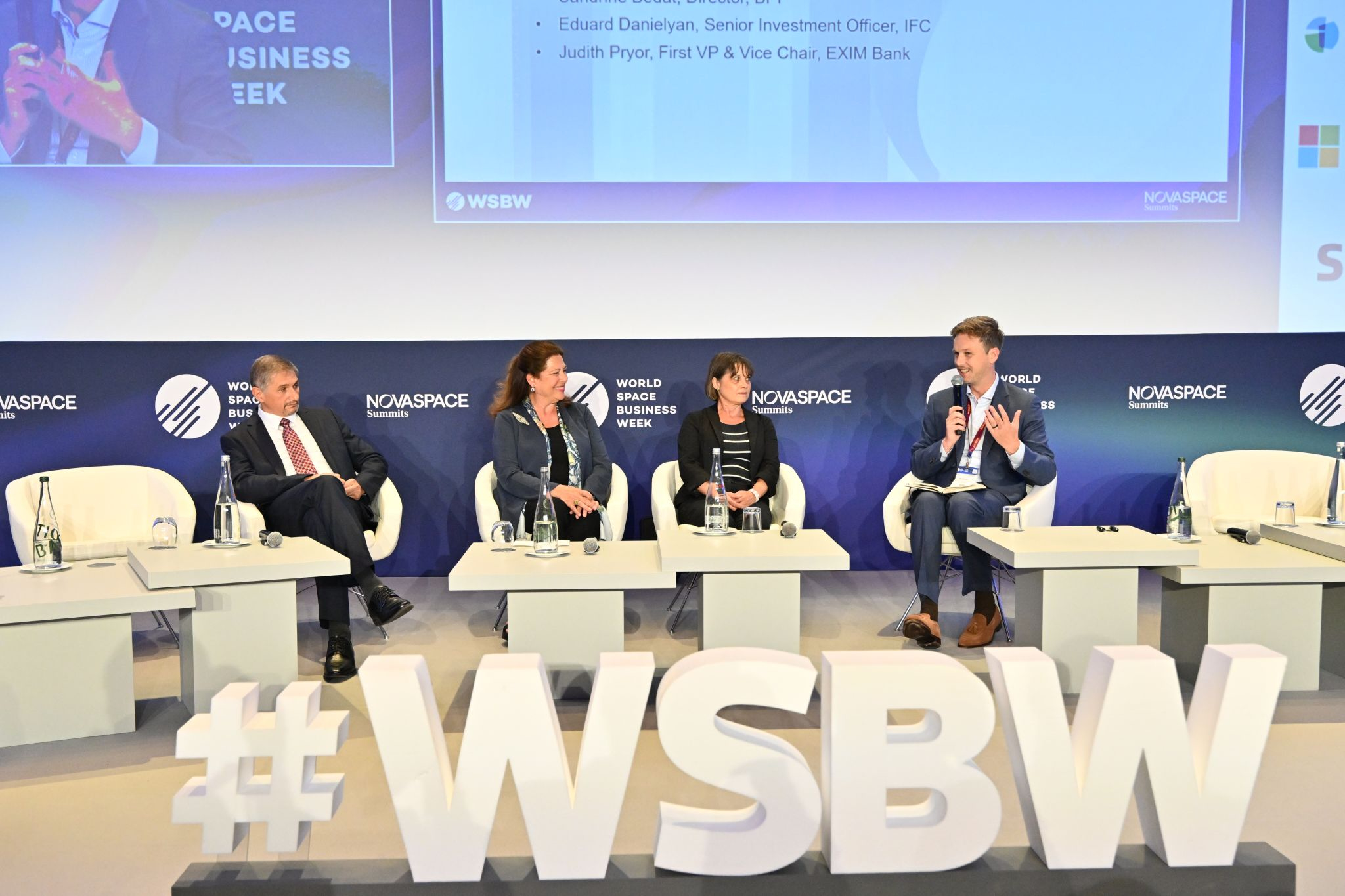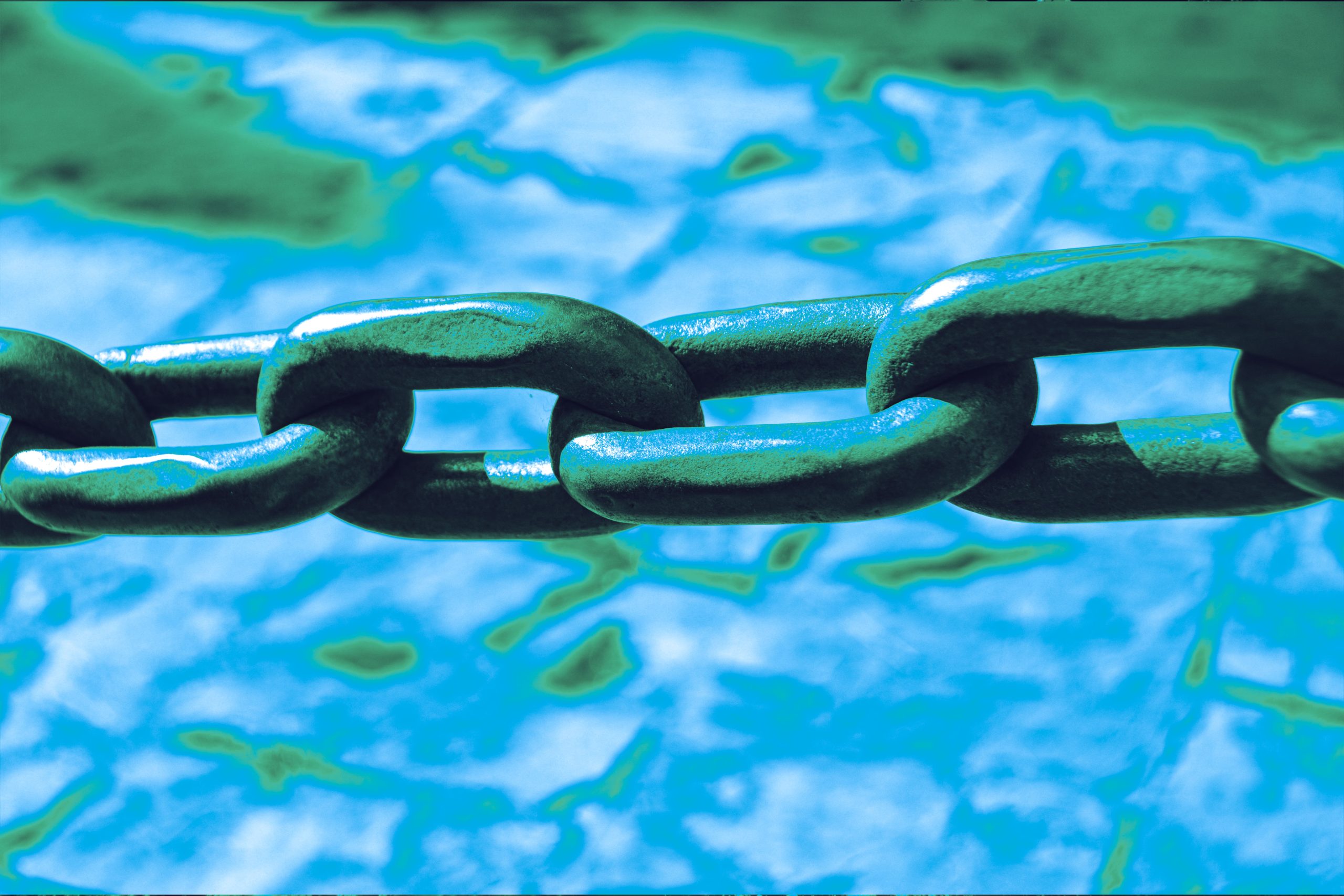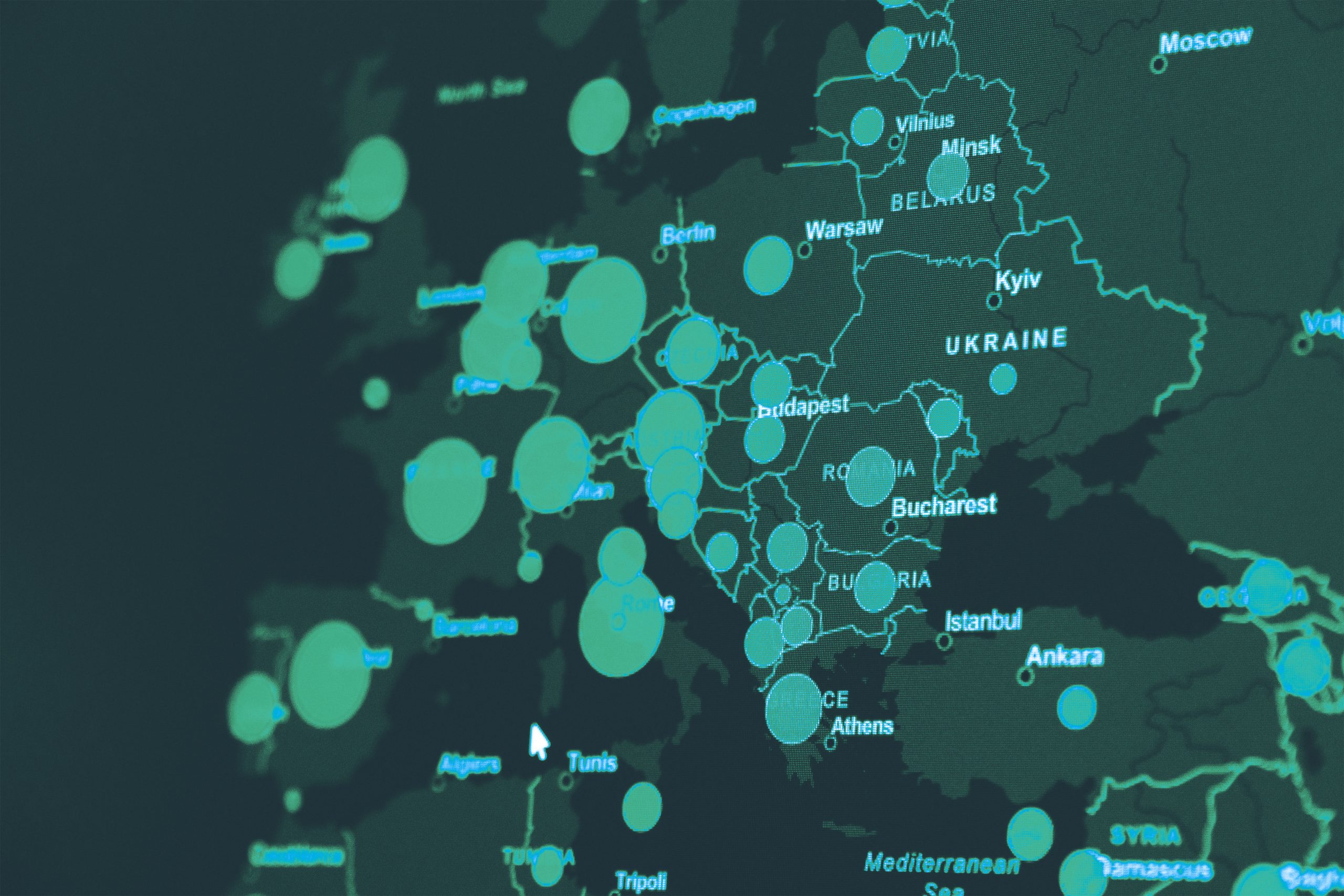Cyber Security is a growing sector, with plenty of startups evolving in the space to meet the need for unique solutions. On Episode 35 of The Cyber Security Matters Podcast we were joined by Alexandre Sieira, the Co-Founder and CTO of Tenchi Security, to talk about his experiences of startups and entrepreneurship within the sector. Alexandre is an executive with over two decades of experience in cyber security who is currently focused on helping companies leverage the benefits of cloud computing with security compliance through his startup, giving him some great insights into the topic. Here are the highlights of our conversation.
What’s it like running a security startup?
It seems so glamorous – like it’s all staying in swanky hotels and talking to high-flying financiers in the VC world. Actually, it’s a lot of hard work. It’s it’s long hours. There’s no limit to the work you have to do – you can’t just say, ‘This is not my job description’ because, as an entrepreneur, your job description is infinite. When you’re an early-stage employee or a founder, you have to do everything from carrying boxes to making customers their coffee. You’re writing proposals, paying the accountant, double-checking the tax calculations, interviewing, hiring and leading people. It’s super hard to find people that are decent at all of those things or that enjoy doing all of those things, so at least 40-50% of the time, you’re doing stuff you’re not very good at or that you don’t enjoy until the company becomes big enough to hire people who are specialised in that task. You have to have a lot of energy to keep working, and you need a high tolerance for doing things you don’t enjoy. But the upside is getting to build something from scratch, and that’s super amazing.
You’ve been involved in several startups. Can you pinpoint any key themes that have made them successful?
It seems obvious when you say it, but you need to be doing something that people need. In technical startup terms, that’s called product market fit. You need to be building a product or service that people actually need and are willing to pay good money for. Then you need to execute it well because even if you are building something that people are willing to pay for, if you don’t make them aware that you exist, or you’re spending more than you’re earning on marketing, you’ll go broke. It all comes down to ideas and execution.

What do you think are the key ingredients you need to get investment?
I’ve been involved with three companies, one of which we started bootstrapped, then raised private equity for very late in the game. That was CIPHER. With a services company, it’s super easy for you to finance yourself, and you typically don’t need a lot of investment at the beginning like you do when you’re building a product. It’s very easy to get started and generate cash flow if you’re in the services business and you know what you’re doing. We wanted to do international expansion, so that’s when we raised private equity, which is a whole different ballgame from venture capital.
Then with Niddel, we were a product company, but we weren’t bootstrapped. We could afford it because we had sold CIPHER, so we were using our own money to work for a year without getting paid because we had our savings. With Tenchi, this is our first VC-backed company, which is a completely different experience. It’s a different kind of sale. But, if you know how to run a company and you know how to sell, you just need to figure out what the buyer wants. You need to find the right buyers for what you’re selling and figure out the best way to communicate what you’re offering to them. Fundraising is no different. You need to be able to describe what you’re doing and why it’s interesting, and you need to find the right VCs who are active in your industry or sector but don’t have a conflict.
The biggest difference is that when you’re talking to a customer, you’re saying, ‘Hey, this is the product, these are the technical features, these are the benefits of using the product’. Whereas with VCs, they’re looking for different things. They’re trying to assess the team background, dynamics, founders etc, especially if you’re an early-stage startup. The thing you need to think always when you’re talking to VCs is that much like security people, they’re trying to mitigate their risks. They’re so interested in founders because a lot of companies and founders fight amongst themselves and split up. Venture capital is a high-risk investment strategy, so you need to try to mitigate your risk for them as much as possible.
What makes a good entrepreneur?
You need to have a high tolerance for pressure, handling setbacks and adjusting to doing everything yourself. There are a lot of people who flourish in the large enterprise environment where your job is narrow, and they get super specialised in what they do. They get to know everyone, work the political channels inside the company to get things done and they get joy out of it. One of my startups was acquired by a large company, and we were able to deliver amazing results there, but I did not enjoy the process of working there as much as doing entrepreneurship.
If you get the right person in the wrong environment, they’re not going to succeed. There are people that would be amazing at an enterprise that would suck at being entrepreneurs. I’m the reverse; I think I’m good at entrepreneurship, but if you put me in a large political enterprise with lots of well-established processes and bureaucracy, I’ll slowly wither and die. It’s just I’m not going to enjoy myself and I’m not going to flourish. It’s all about matching the person with the environment.
To hear more from Alexandre, tune into Episode 35 of The Cyber Security Matters Podcast here.
We sit down regularly with some of the biggest names in our industry, we dedicate our podcast to the stories of leaders in the technologies industries that bring us closer together. Follow the link here to see some of our latest episodes and don’t forget to subscribe.



